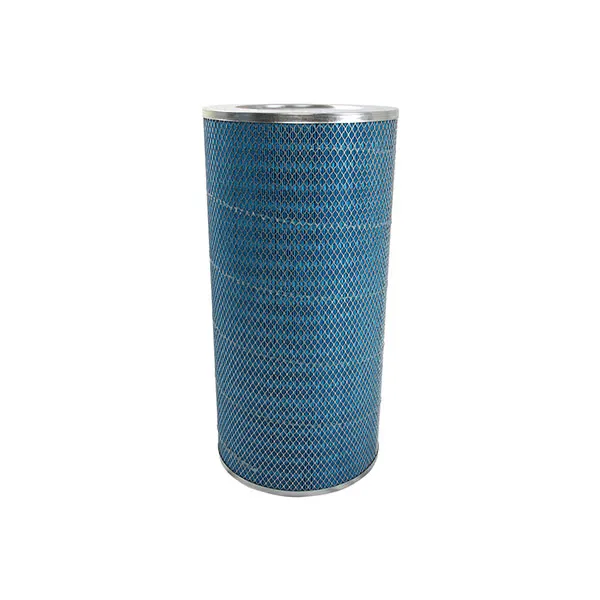Regular maintenance is one of the most important investments a driver can make. One key aspect of regular auto care is replacing air filters at least once a year or more often if you live in an area with poorer air quality. Let's look at why regular air filter replacements are essential and how they benefit your car and its passengers in many ways.
What Is An Engine Air Filter?
Engine air filters are a part of the air intake system that filters and cleans the air before it enters the engine. It removes dust, dirt, and other airborne contaminants, helping to ensure that clean, particle-free air is used in combustion. This helps protect the engine from damage, wear, and reduced performance caused by foreign particles.
Engine air filters are typically made of pleated paper, foam, or cotton material, housed in a plastic or metal casing. They are strategically placed within the air intake system, usually inside an air filter housing or air filter box, to maximize their effectiveness.
By maintaining a clean air-fuel mixture, engine air filters play a crucial role in supporting optimal engine performance, fuel efficiency, and emissions. Regular inspection and replacement of the engine air filter are vital for keeping your vehicle running smoothly and efficiently.
Car PP Air Filter1780174060
Benefits Of Regular Air Filter Changes
Regularly replacing your car's air filter offers several benefits, including the following.
Improved fuel efficiency: A clean air filter allows for a proper air-fuel mixture, improving fuel economy and reducing fuel consumption.
Enhanced engine performance: A clean air filter ensures that your engine receives an adequate supply of clean air, leading to better combustion and overall engine performance.
Prolonged engine life: Replacing your air filter regularly prevents debris and contaminants from entering the engine, reducing wear and tear and extending its lifespan.
Reduced emissions: A clean air filter helps reduce harmful exhaust emissions by ensuring the engine burns fuel more efficiently.
Lower maintenance costs: Regular air filter replacement can help prevent more costly engine repairs and reduce the need for frequent maintenance.
Better air quality: A clean cabin air filter helps prevent pollutants from entering the vehicle and provides better air quality for you and your passengers.
Optimal horsepower: A clogged, dirty air filter can restrict airflow to the engine, reducing its horsepower. Replacing the air filter helps maintain optimal horsepower levels.
Increased acceleration: A clean air filter ensures that your engine has access to adequate air, which can lead to better acceleration and a more responsive driving experience.
Improved starting: A clean air filter can help your car start more easily, especially in colder weather when engines may require more air to start.
How Often Should I Replace My Air Filter?
How often you should check and replace your air filter can vary depending on factors such as driving conditions, the type of filter used, and the manufacturer's recommendations. However, here are some general guidelines for checking and replacing your engine's air filter:
Checking the air filter: It is a good rule of thumb to inspect your engine's air filter every 3,000 to 6,000 miles or during routine oil changes. If you frequently drive in dusty or dirty conditions, you may need to check it more often. To inspect the air filter, remove it from the housing and examine it for excessive dirt, debris, or damage. It may be time to replace it if it appears clogged or excessively dirty.
Replacing the air filter: Replacing the engine air filter every 12,000 to 15,000 miles is typically recommended. However, this interval can vary depending on factors such as driving habits, the environment, and the type of air filter used. Refer to your vehicle owner's manual for specific recommendations.
Keep in mind that these are general guidelines, and it's always best to follow your vehicle manufacturer's recommendations for air filter maintenance. Regularly checking for a dirty filter and replacing it will help maintain your vehicle's performance, fuel efficiency, and overall longevity.

